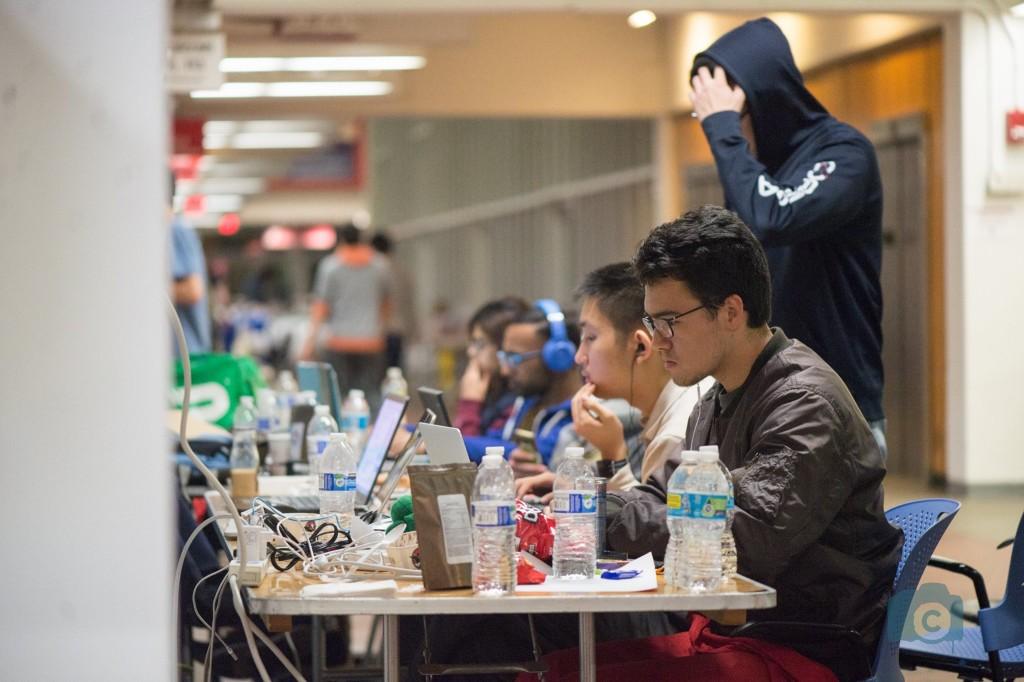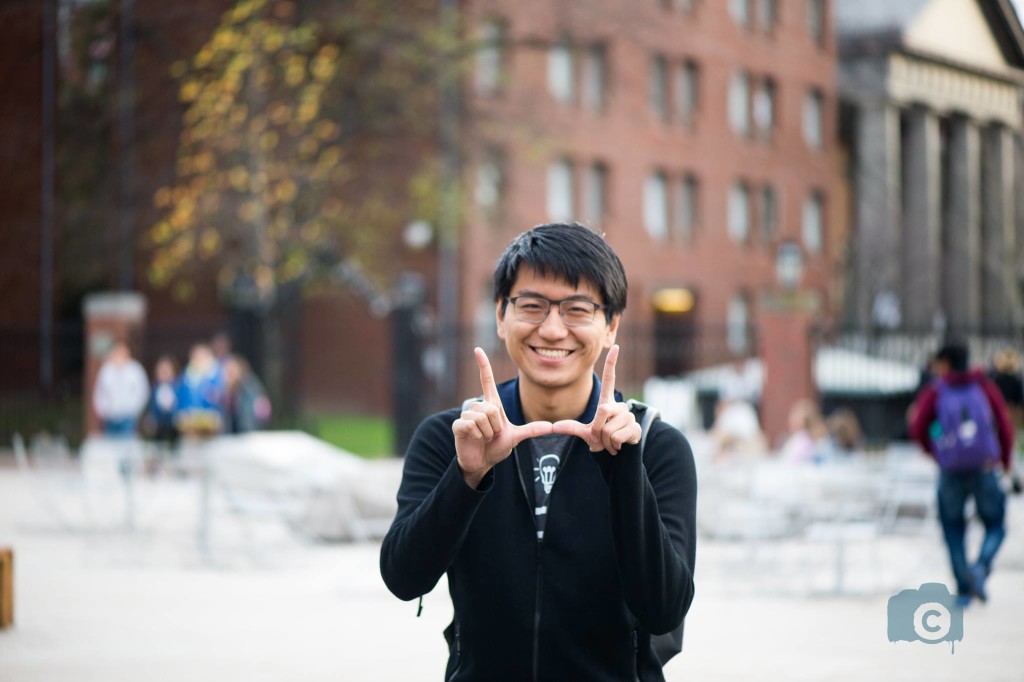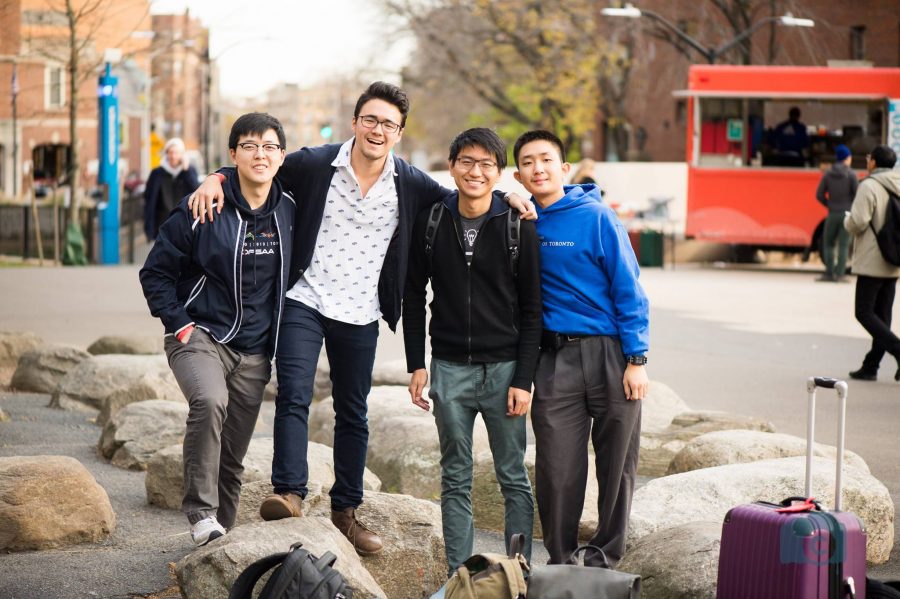What kind of computer program could you develop and code in 36 hours?
Calvin Chhour, a junior in computer science, recently participated in Harvard’s first ever hackathon and won the International Development award for his team’s project, Stegosaurus.
HackHarvard brings students from all over the world together to design and create new software. 3700 students applied and more than 500 were selected to participate, representing 179 universities and seven countries.

The event took place from Nov. 13-15. Hacking began at 10 p.m. the first night and competitors had until 10 a.m. on Sunday to complete their projects. The 36 hours were used at the discretion of participants to program, eat, sleep and for some, to fulfill a Harvard tradition of urinating on the John Harvard statue.
“It was a lot of … figuring out a good balance between sleep and coding,” Chhour said. “I ended up sleeping about 5 hours the first night … and not sleeping the rest of the time.”
Competitors worked in teams of four with many participants not knowing each other before the event.
Chhour and his team developed a Chrome extension called Stegosaurus. The chat client program encrypts messages into photos that are deconstructed and revealed when sent to other Stegosaurus users. The project won the International Development Award for its potential use in domestic violence situations and in countries with free speech oppression.
Takashi Wickes, Chhour’s teammate and a second year computer science major at the University of Florida, said Stegosaurus can be an impactful new way of communicating.
“Someone [can send] a message asking for help,” Wickes said. “An onlooker will just see that they sent their friend a picture of their cat.”
Between the programming and sleepless nights, students had access to professional programmers and mentors from companies such as Microsoft, Capital One, Wolfram Alpha, Facebook, Google and Twitter.

Chhour said his most memorable experience was meeting and listening to Stephen Wolfram, CEO of Wolfram Research, at 4 a.m. on the last day of the event.
HackHarvard, like other hackathons, was more than endless coding. Students had dance parties, mentors presented information and met with groups to help with projects, food and caffeine were always in stock, and students entertained themselves with activities like sleep-deprived musical chairs.
This was Chhour’s first hackathon and he described it as “amazing” and “inspiring” to be around other competitors and mentors.
“In computer science, a lot of the times you get stuck on a small problem which you can’t wrap your head around,” Chhour said. “Being surrounded by people who can answer those questions makes you hyper-productive.”
Chhour was sponsored by the U’s Tek Club as the first of many students they hope to send to future hackathons.
b.hart@dailyutahchronicle.com
@BeauHart13


